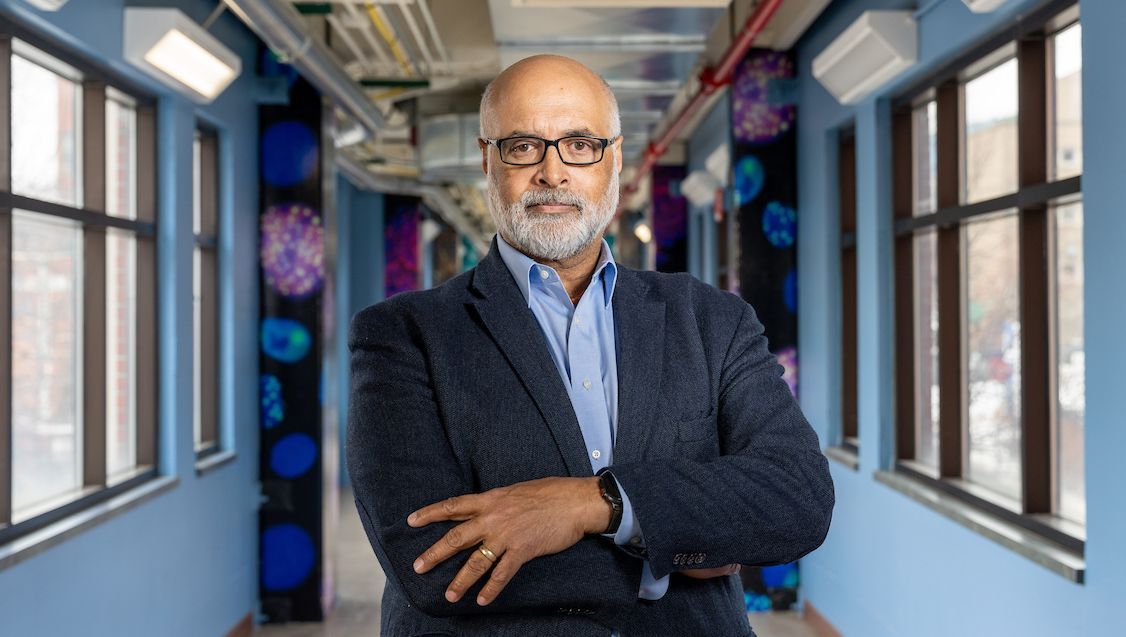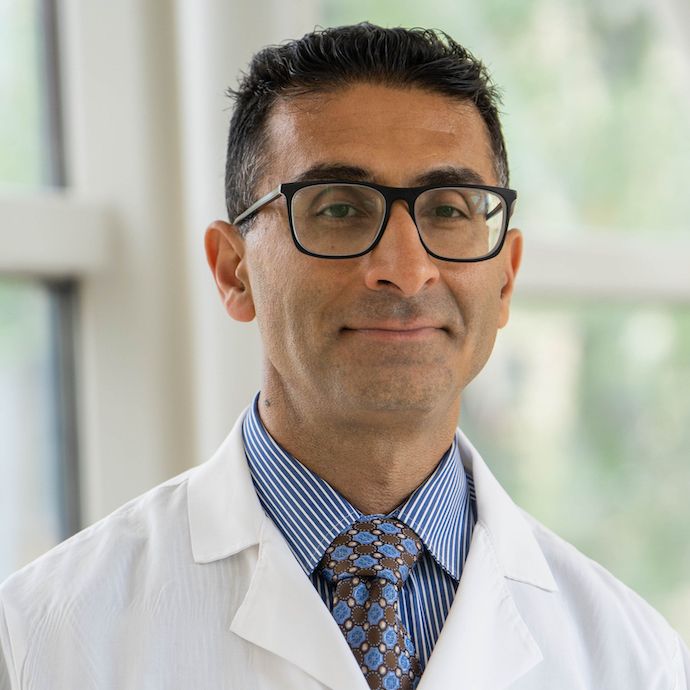At Roswell Park, we have numerous treatment options to consider in developing your personalized treatment plan.
Treatment aims to control your myeloma, address complications caused by the disease, relieve side effects, and improve your quality of life. The choice of treatment depends mainly on how advanced your disease is and whether or not you have symptoms. If you have multiple myeloma without symptoms, you may not need cancer treatment right away. In that case, you may have what is called smoldering myeloma, and your doctor will monitor your health closely so treatment can start if symptoms develop.
If you already have symptoms (CRAB criteria) or markers that indicate a high risk for progression (specific blood, imaging and bone marrow results) your treatment plan will likely include an approach called standard therapy, which uses a combination of medicines to cause remission, reducing the cancer cells in your body significantly.
Most patients ultimately receive several treatment approaches, which may involve one or more of the following:
- Drug therapy for multiple myeloma may include several different medicines, and each works against your myeloma in a different way.
- Stem cell or bone marrow transplant to recover bone marrow after high dose chemotherapy.
- Chimeric antigen receptor (CAR) T-cell therapy, a revolutionary new treatment that uses your own cancer-killing T-cells, re-engineers them in a laboratory and infuses them back to you to fight the cancer.
- Clinical trials to access the very latest options, years before they become available from other providers.
- Quality of life treatments to address bone damage, neuropathy, pain and other symptoms.
We are entering an era where myeloma therapy is not only more effective, but smarter. Rather than relying solely on lifelong treatment, we are learning how to use immunotherapy to achieve deeper remissions — and then potentially stop therapy altogether.Ehsan Malek, MD

